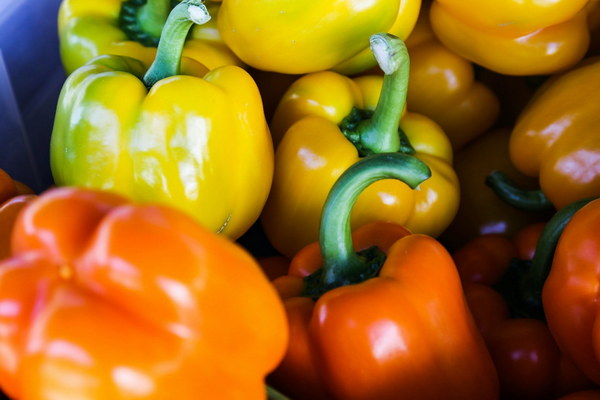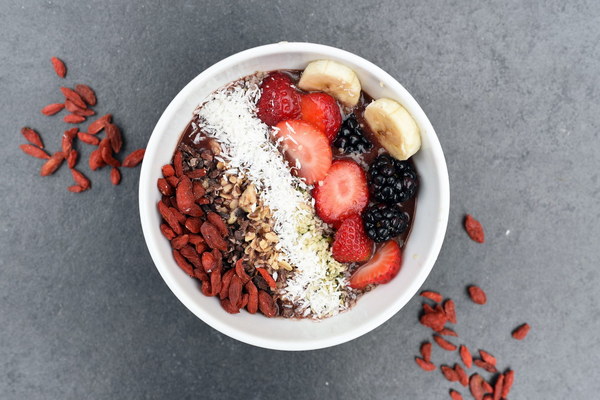Is Daily Millet Congee Consumption Beneficial for Spleen and Stomach Health
In the realm of traditional Chinese medicine, the health of the spleen and stomach is often considered foundational to overall well-being. Millet, a staple in many Asian diets, has long been revered for its supposed digestive benefits. But can drinking millet congee every day truly nurture the spleen and stomach? Let's delve into the folklore and scientific insights to find out.
The Folklore and Traditional Beliefs
Millet, known as mài in Chinese, is believed to be a superfood that supports spleen and stomach functions. In traditional Chinese medicine, the spleen is responsible for transforming food into energy and maintaining the body's balance. The stomach, on the other hand, is where the initial digestion process takes place.
Millet is said to have a warming quality that helps to strengthen the spleen and stomach. It is often recommended for individuals suffering from conditions like diarrhea, weakness, or anemia. The gentle nature of millet is thought to be soothing to the digestive tract, making it an ideal food for those with sensitive stomachs or those recovering from illness.
Scientific Insights
While traditional beliefs hold millet in high regard, modern science has also begun to explore the potential health benefits of this ancient grain. Here are some of the nutritional and health aspects that might support the notion that daily consumption of millet congee can be beneficial for the spleen and stomach:
1. Nutritional Profile: Millet is rich in essential nutrients such as B vitamins, magnesium, iron, and fiber. These nutrients can help to support digestive health by promoting regular bowel movements and aiding in nutrient absorption.
2. Glycemic Index: Millet has a low glycemic index (GI), which means it is digested slowly and causes a gradual rise in blood sugar levels. This can be beneficial for individuals with diabetes or those looking to maintain stable blood sugar levels, which is important for overall digestive health.

3. Antioxidants: Millet contains antioxidants that can help reduce inflammation in the body, including the digestive tract. Chronic inflammation is often associated with various gastrointestinal disorders, so millet's anti-inflammatory properties may contribute to a healthier spleen and stomach.
4. Prebiotics: Millet is a good source of prebiotics, which are dietary fibers that feed the beneficial bacteria in the gut. A healthy gut microbiome is crucial for digestion and overall health.
Practical Considerations
While the nutritional benefits of millet are promising, it's important to consider how it is prepared and consumed. Here are some tips for making millet congee:
- Cooking Method: Use a 1:5 ratio of millet to water for a thicker congee. For a more soupy consistency, increase the water ratio to 1:10. Simmer the mixture over low heat for at least 45 minutes to ensure the grains are fully cooked and the congee is smooth.
- Variations: Feel free to add your favorite ingredients such as ginger, dates, or nuts to enhance the flavor and nutritional value.
- Frequency: While daily consumption may be beneficial, it's important to listen to your body. If you experience any discomfort or changes in your digestive health, consider adjusting the frequency or seeking advice from a healthcare professional.
In conclusion, while there is no definitive scientific evidence that drinking millet congee every day will cure all spleen and stomach issues, the nutritional benefits of millet suggest that it can be a valuable addition to a diet aimed at supporting digestive health. As with any dietary change, it's best to approach it with a balanced perspective and consider individual health needs.









